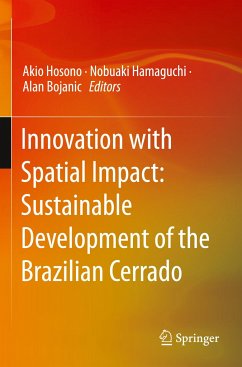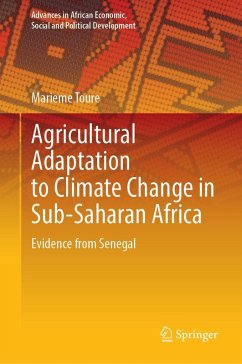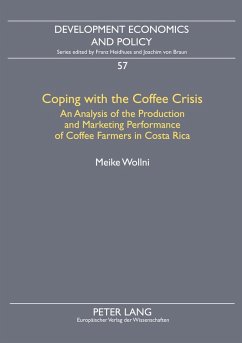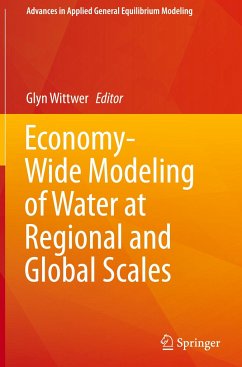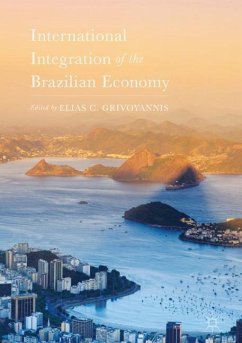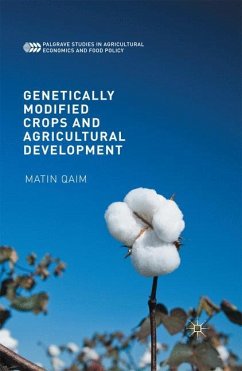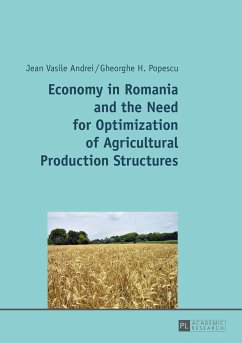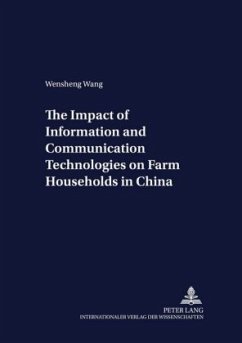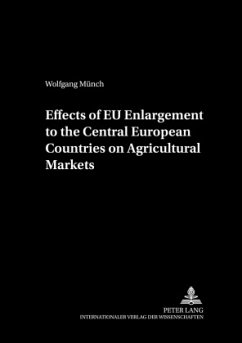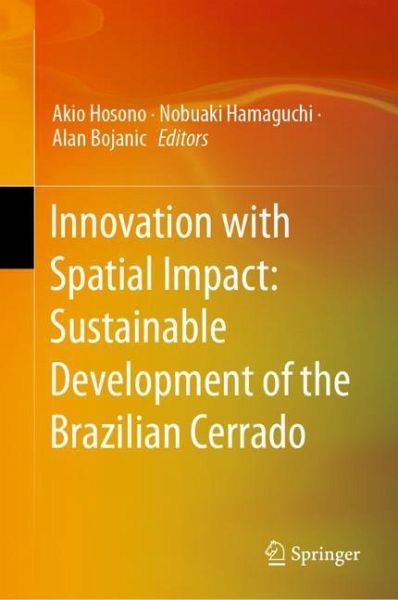
Innovation with Spatial Impact: Sustainable Development of the Brazilian Cerrado

PAYBACK Punkte
38 °P sammeln!
This book is unique and original, constituting a pioneering study in the use of spatial economics and related analytical approaches to Brazil's Cerrado agricultural development and the formation of agro-industrial value chains. This methodology is appropriate because Cerrado agriculture has been developed from scratch in a vast, previously barren area (204.7 million ha.) in which a spatial transformation has taken place. Until 40 years ago, this region, with its huge expanse of tropical savanna was believed to be unsuited to agriculture. Now, however, it has been transformed into an immense br...
This book is unique and original, constituting a pioneering study in the use of spatial economics and related analytical approaches to Brazil's Cerrado agricultural development and the formation of agro-industrial value chains. This methodology is appropriate because Cerrado agriculture has been developed from scratch in a vast, previously barren area (204.7 million ha.) in which a spatial transformation has taken place. Until 40 years ago, this region, with its huge expanse of tropical savanna was believed to be unsuited to agriculture. Now, however, it has been transformed into an immense breadbasket, contributing to the mitigation of global food shortages. It also has contributed to the inland development of Brazil, promoting urbanization with a higher living standard and modern production techniques. This book identifies critical factors that enabled the transformation of the Cerrado. To understand the process of agricultural development and the formation of agro-industrial value chains, spatial economics and related approaches are essential because the process involves spatial interactions such as transportation, supply chains, knowledge spillovers, environmental constraints, migration, and urbanization. The book demonstrates that the initial development of Cerrado agriculture was a genuine spatial transformation with contributions from pioneering producers, agribusinesses, and central and local governments, as well as through international cooperation. It also discusses agriculture and agro-industrial value chains focusing on inclusive and sustainable development, a major concern of the international community particularly in terms of the Sustainable Development Goals.



